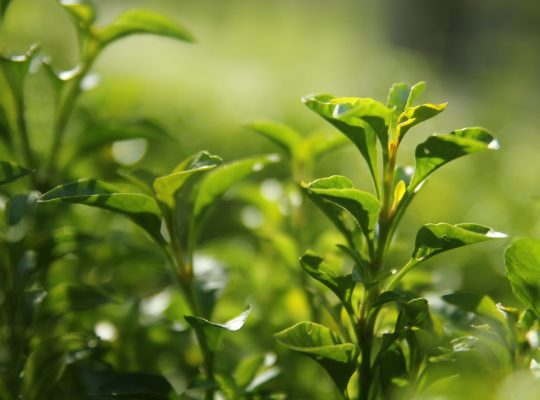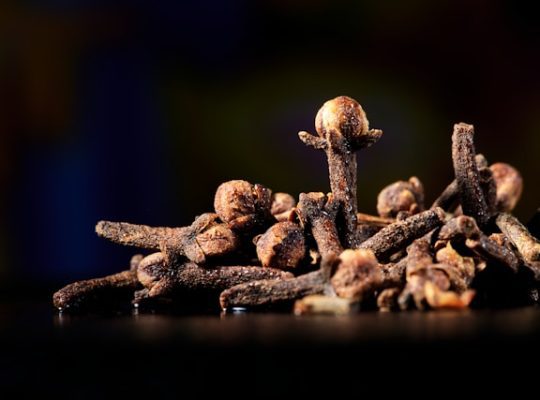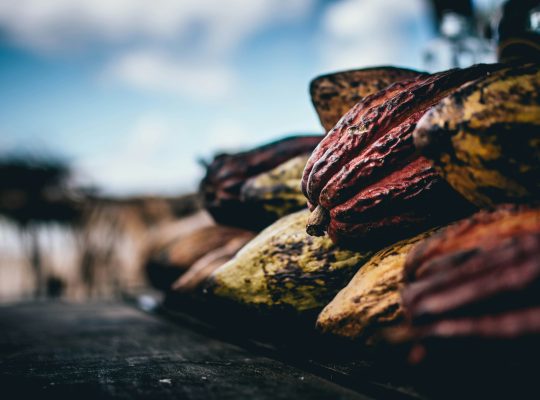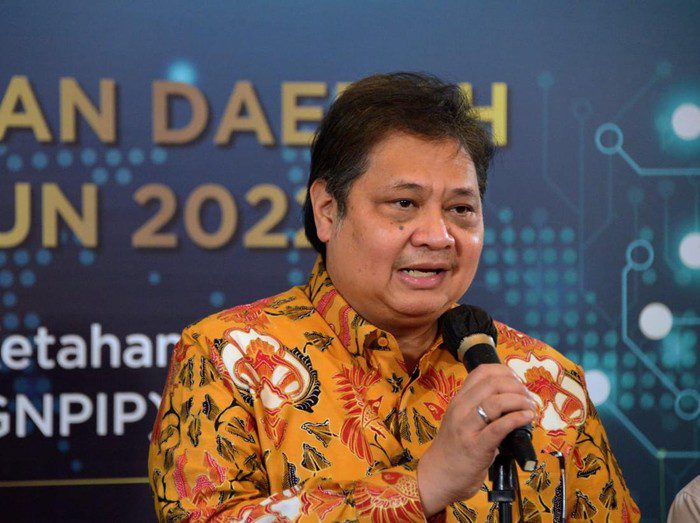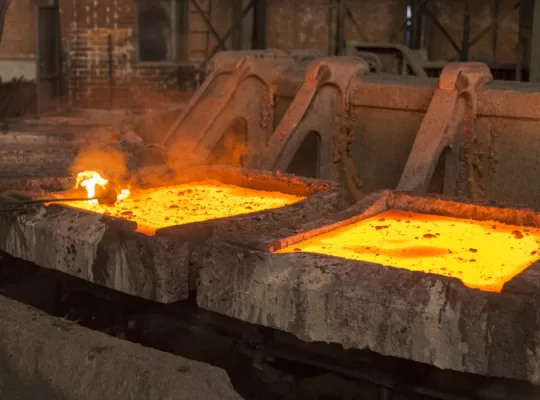In a recent discussion with a German news agency, Handelsblatt, Indonesia’s Chief Economic Affairs Minister, Airlangga Hartarto, called for equitable treatment from the European Union. This plea emerges as the negotiations on the Indonesia-European Union Comprehensive Economic Partnership Agreement (IEU-CEPA) linger into their seventh year without resolution.
Airlangga highlighted how the ongoing negotiations have been particularly drawn-out when compared to EU’s dealings with other Southeast Asian nations like Vietnam and Thailand. He emphasized the global economic significance of Indonesia and voiced the country’s unwillingness to endure further delays.
During the 2022 G20 summit, under Indonesia’s leadership, the nation underscored its readiness to welcome investments from across the globe. Airlangga proudly pointed to the booming nickel sector in Indonesia, noting an export growth from $2 billion in 2014 to an impressive $26-30 billion annually. He also shared that Indonesia is moving towards a greener future, transitioning to using renewable energy sources like hydro, gas, or solar to power its smelters, despite the challenges in maintaining competitiveness and managing costs.
The minister was critical of the EU’s trade restrictions, regarding them as hurdles to free trade negotiations and asserting Indonesia’s sovereign right to manage its natural resources. The EU has criticized Indonesia’s export ban on unprocessed raw materials, which is aimed at enhancing domestic value and global competitiveness, labeling it as protectionist.
Yet, Airlangga remains hopeful about Indonesia’s journey to becoming a developed country. With the nation currently standing as the world’s 16th largest economy, Indonesia aims to climb even higher by 2045, targeting a GDP of $9 trillion for a population of around 320 million, with a per capita income of $30,000.
A recent round of negotiations brought Indonesia and the EU closer to an agreement, targeting completion by 2024. In a session held in Bandung, both parties reached a “technical conclusion” on three key chapters of the agreement, including sustainable food systems, technical trade barriers, and institutional arrangements. Out of the CEPA’s 20 chapters, 11 have been settled, with more discussions anticipated to bridge remaining differences.
In 2023, trade between Indonesia and the EU tallied up to $30.8 billion, consisting of $16.7 billion in Indonesian exports to the EU and $14.1 billion in imports. Despite the EU’s regulatory efforts, palm oil continues to be a leading Indonesian export to the bloc, amid controversies surrounding the anti-deforestation law.


